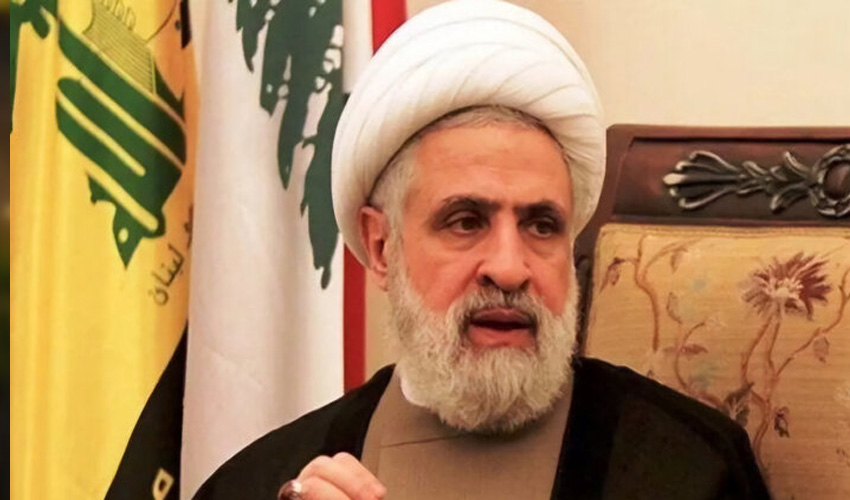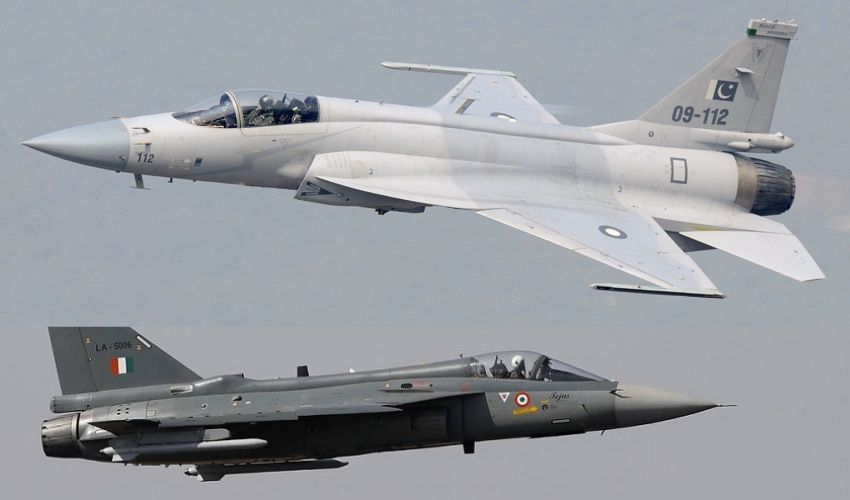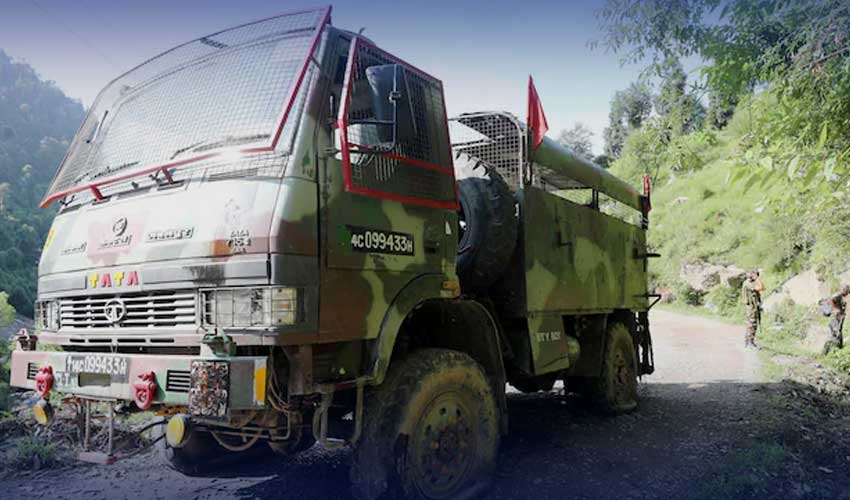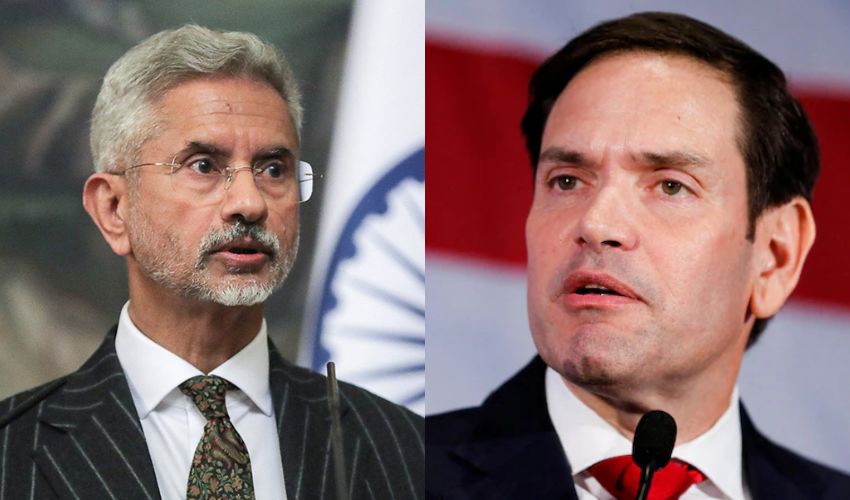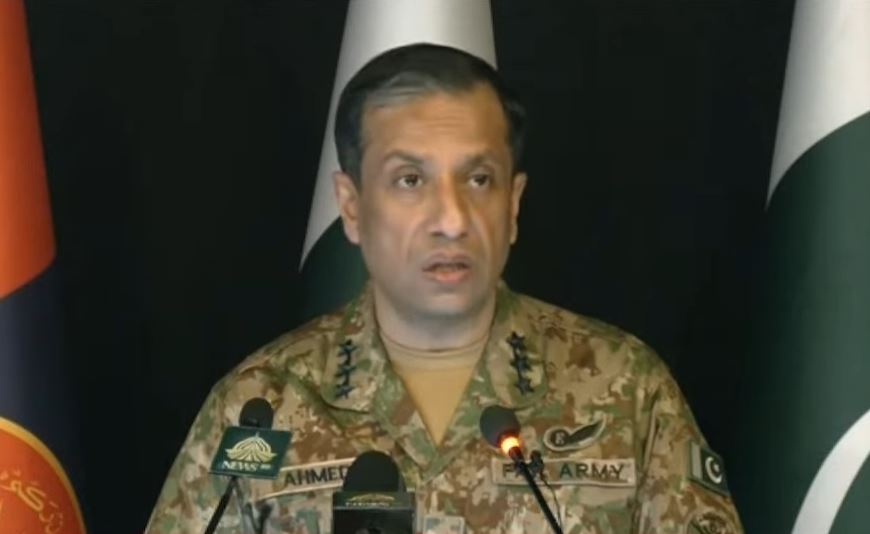Hezbollah Secretary-General Naim Qassem has pledged to cooperate with the Lebanese army to ensure the implementation of a ceasefire agreement with Israel, as a fragile truce entered its third day following more than a year of intense conflict.
In his first televised address since the truce was brokered, Qassem assured on Friday that Hezbollah and the army would coordinate closely to uphold the terms of the agreement.
The deal, mediated by the United States, mandates the Lebanese army’s deployment to southern Lebanon within 60 days, alongside the withdrawal of Hezbollah fighters and Israeli forces.
“The coordination between the resistance and the Lebanese army will be at a high level to implement the commitments of the agreement,” Qassem said, adding, “We will work to strengthen Lebanon’s defensive capacities.”
Hezbollah, he claimed, remains prepared for war despite hailing the ceasefire as a "divine victory" more significant than the group’s perceived success in the 2006 conflict with Israel.
Tensions amid deployment
The Lebanese army has begun dispatching troops to the south and is expected to present a detailed deployment plan to the cabinet, according to officials. However, Israeli forces have reportedly delayed their withdrawal, raising concerns about potential setbacks in the Lebanese army’s larger deployment.
Recent developments have further strained the ceasefire, with both Hezbollah and the Lebanese army accusing Israel of multiple violations. On Thursday, Israeli forces reportedly conducted an airstrike north of the Litani River, prompting swift condemnation. On Friday, Israeli warplanes launched additional strikes in southern Lebanon, claiming they were targeting Hezbollah weapons.
Meanwhile, in Khiam, Israeli forces opened fire at civilians attempting to bury a body in a cemetery.
“There’s been gunshots towards civilians, artillery bombardment, and Merkava tanks launching shells on several areas,” reported Al Jazeera’s Ali Hashem from Tyre.
Heavy toll of conflict
Lebanese health authorities report that since the conflict erupted in October 2023, at least 3,961 people have been killed and 16,520 wounded. Israeli forces claim they have conducted over 12,500 strikes on Hezbollah targets, killing approximately 2,500 members, including senior officials.
Qassem acknowledged the heavy toll on both sides, stating, “Israeli forces killed and displaced thousands of people, including fighters, but also suffered heavy losses and failed to achieve their goals.”
The ceasefire has drawn international attention, with American and French officials meeting Lebanese army representatives in Beirut as part of a monitoring committee. However, the Israeli military continues to issue evacuation warnings to residents near the border and restricts their return to villages, some of which were not previously impacted by the fighting.
Qassem reiterated Hezbollah’s commitment to supporting Palestinians in Gaza, where Israeli operations continue. “To those betting that Hezbollah would be weakened, we are sorry; their bets have failed,” he declared.
As the truce holds tenuously, the path to sustainable peace remains fraught with challenges. The Lebanese army’s ability to assert authority in southern Lebanon will be a key test of the ceasefire’s durability, amid ongoing accusations of violations and lingering distrust between the parties involved.





